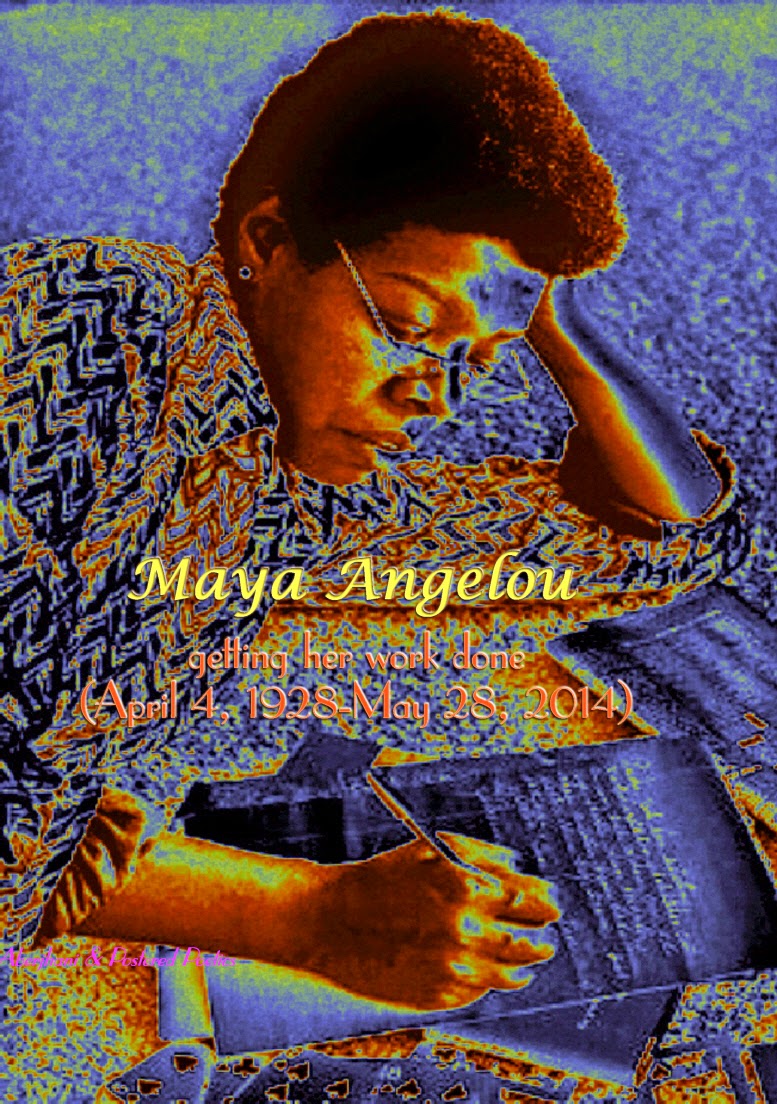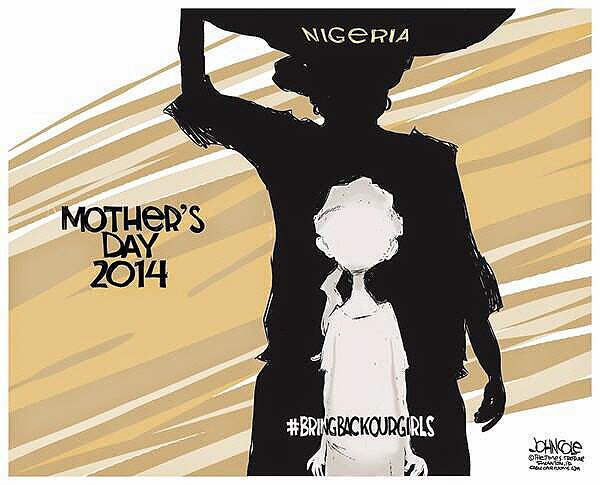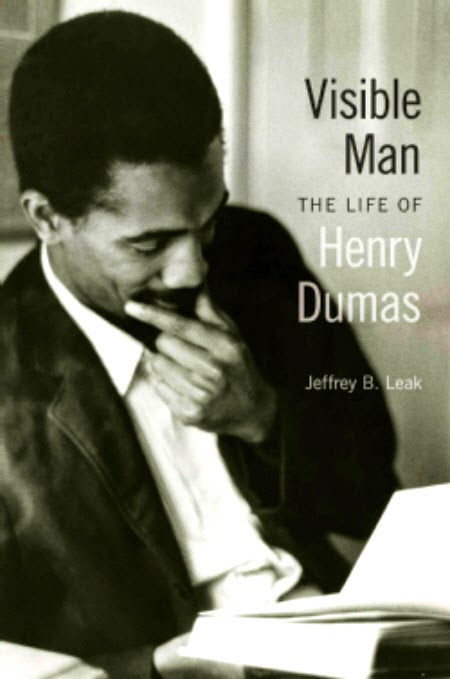Maya Angelou, Elliot Rodger, and Getting the Work Done (part 1) - by Aberjhani

Maya Angelou "Getting the work done." (graphic by Postered Poetics) “My great hope is to laugh as much as I cry; to get my work done and try to love somebody and have the courage to accept the love in return.” ––author Maya Angelou The death of author Maya Angelou on May 28 and the murderous massacre in Isla Vista in Santa Barbara County, California, on May 23, 2014, occurred within a week of each other. Both forced me to turn my attention away from work on the final proofs for Journey through the Power of the Rainbow, Quotations from a Life Made Out of Poetry . Then both, in the end, for different reasons, persuaded me to remain as focused as I could and to get the work done. That last phrase in particular––“get the work done”––stood out because I recalled Angelou using it when noting how prolific James Baldwin (as an author of novels, plays, poems, essays, short fiction, and screenplays) had been in comparison to Ralph El

